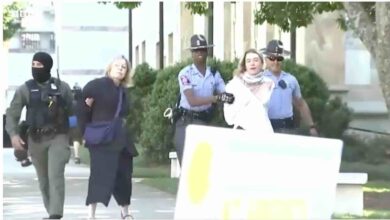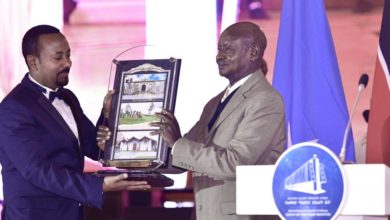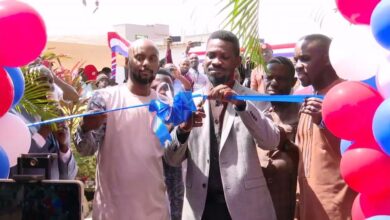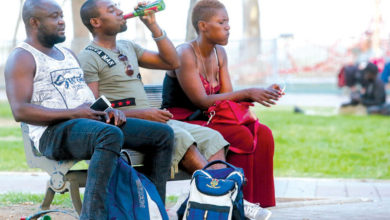BusinessInternational News
How jeans and diamonds pushed Lesotho to the top of Trump’s tariffs list
How jeans and diamonds pushed Lesotho to the top of Trump's tariffs list
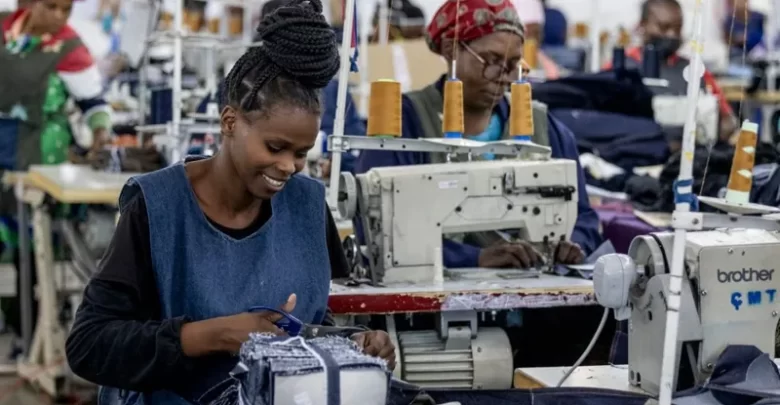
Lesotho was slapped with the White House’s highest tariff rates in the list released by US President Donald Trump on Wednesday.
Americans bringing goods in from the small southern African country will have to pay an additional 50% import tax.
The US has a big trade deficit with Lesotho, which sells textiles – including jeans – and diamonds to America.
The 50% rate for Lesotho was part of what Trump described as “reciprocal tariffs” imposed on imports from dozens of countries, including 20 in Africa. All nations face a minimum rate of 10%.
Responding to the news, Lesotho’s Trade Minister Mokhethi Shelile said his government would send a delegation to Washington to argue against the new trade measure.
“My biggest concern was the immediate closure of factories and job losses,” the AFP news agency quotes him as telling journalists on Thursday.
One of Trump’s aims with his tariff announcement is to reduce his country’s trade deficit with the rest of the world.
And this gives a clue as to why Lesotho has been hit so hard.
According to White House figures, in 2024 while the US exported just $2.8m (£2.1m) worth of goods to Lesotho, its imports from the southern African country amounted to $237.3m.
In their calculations, US officials used the difference between the value of imports and exports in setting the tariff rates for different countries.
In recent years, Lesotho has been successful in selling textiles to the US, making the most of the African Growth and Opportunity Act (Agoa). This US legislation from 2000 allowed eligible African countries to send some goods to the US without having tariffs slapped on them.
Signed into law by President Bill Clinton, Agoa was intended to help African countries grow their economies and create jobs, but these tariffs appear to threaten its future.
Lesotho’s garment factories have made jeans for major American brands such as Levi’s and Wrangler in recent years.
Clothes make up nearly three-quarters of what Lesotho exports to the US – its second biggest trading partner after South Africa.
The value of that US trade amounts to more than 10% of its total annual national income. The extra costs that the tariffs will incur for American buyers could reduce demand and therefore have a big impact on Lesotho’s economy.
“This has been a devastating day for us,” Teboho Kobeli, founder of Lesotho clothes manufacturer Afri-Expo Textiles, told the BBC’s Focus on Africa programme.
He said he had spent the day in talks with industry colleagues and the government about what to do next.
While his business, which Mr Kobeli says employs around 2,000 people, can look for other markets, the US is so significant that “we can’t just shelve the US market… we need to do everything we can to bring [it] back”.
Colette van der Ven, a lawyer who specialises in international trade, told the BBC that the 50% figure Trump has imposed on Lesotho “makes little sense logically”.
She described it as “ironic” that the US was effectively punishing Lesotho for the success it has enjoyed under Agoa.
